

El uso de plantas medicinales para tratar diversas enfermedades y afecciones, tanto físicas como espirituales, forma parte integrante de la medicina tradicional del pueblo iskonawa. Las hojas, las semillas y la corteza son elementos fundamentales de su práctica médica indígena. La fitoterapia es una práctica colectiva que promueve el bienestar de las familias. Hay plantas que ayudan a ser un buen cazador o pescador, que forman parte de las creencias rituales del pueblo iskonawa.

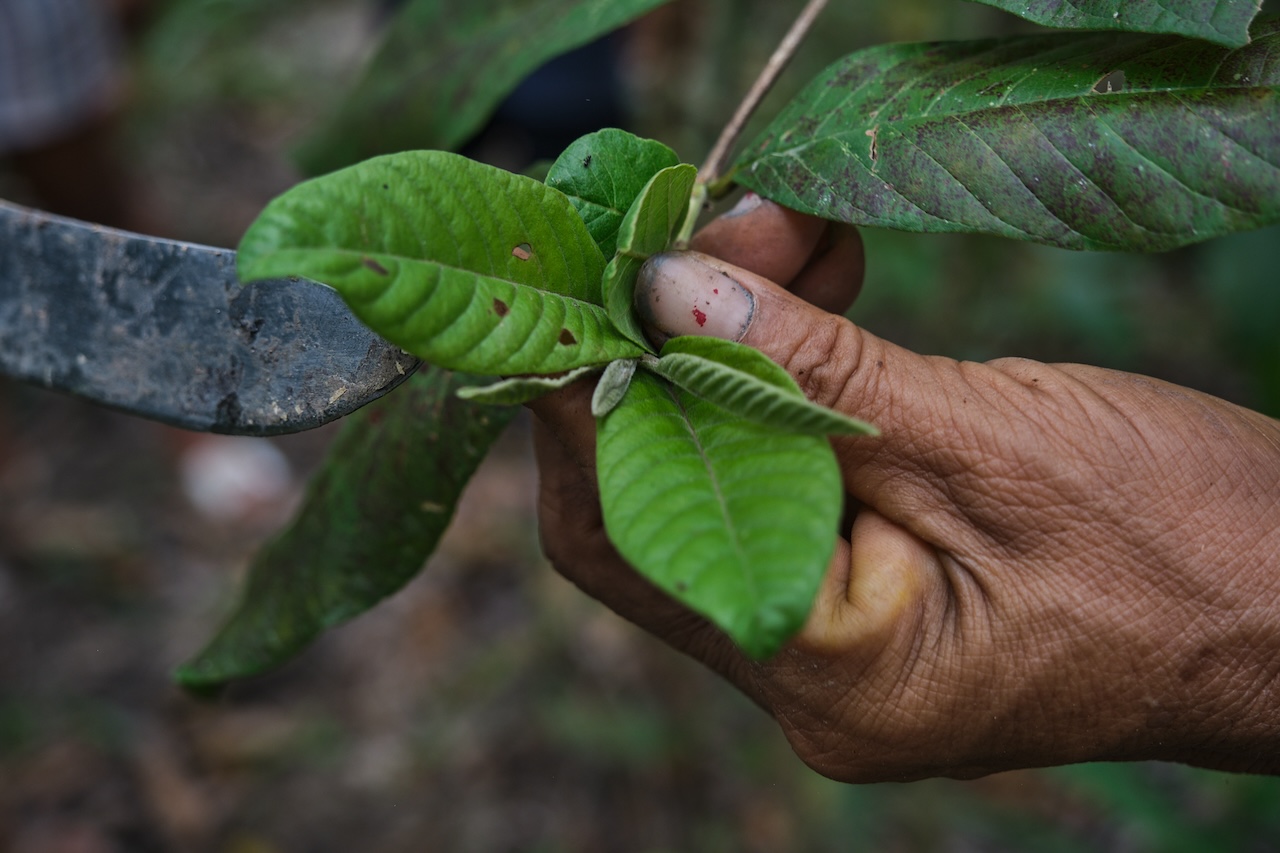
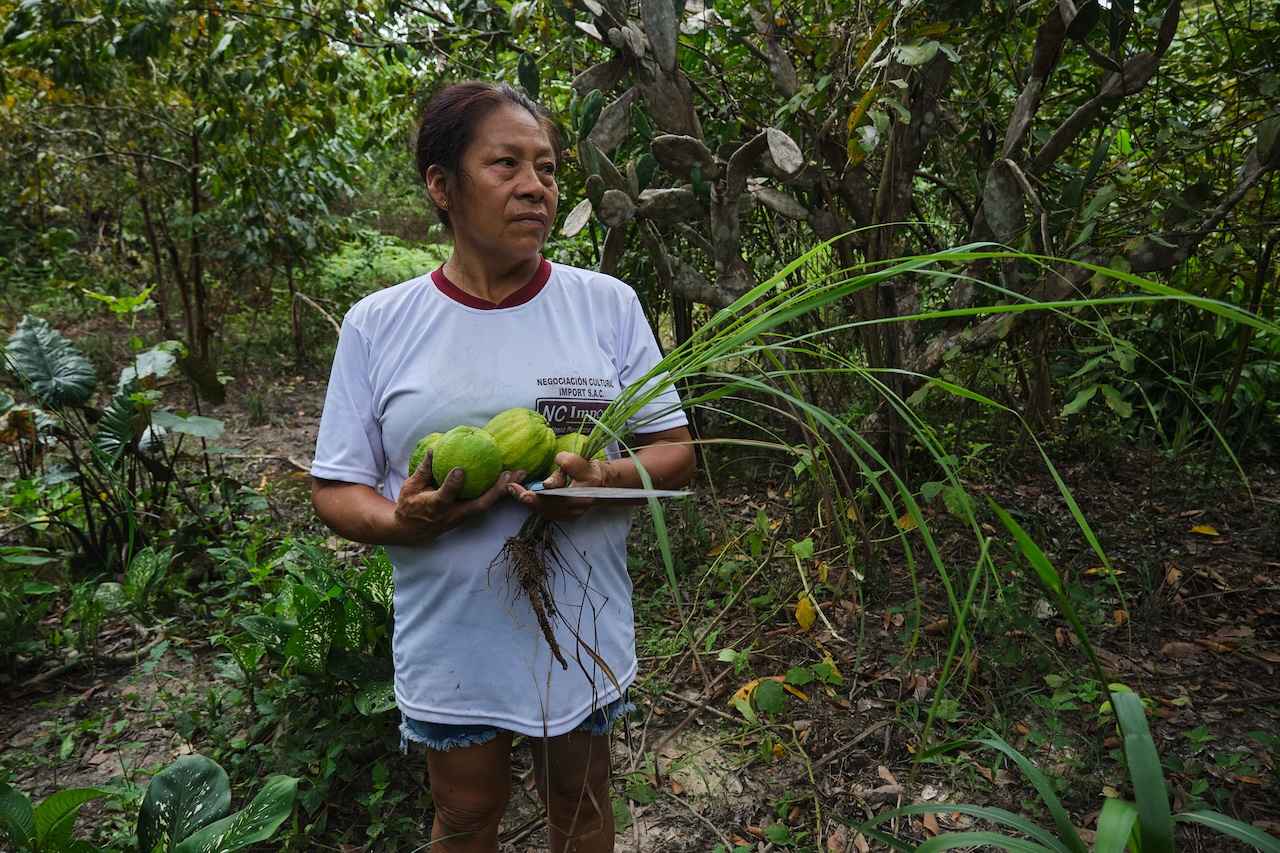
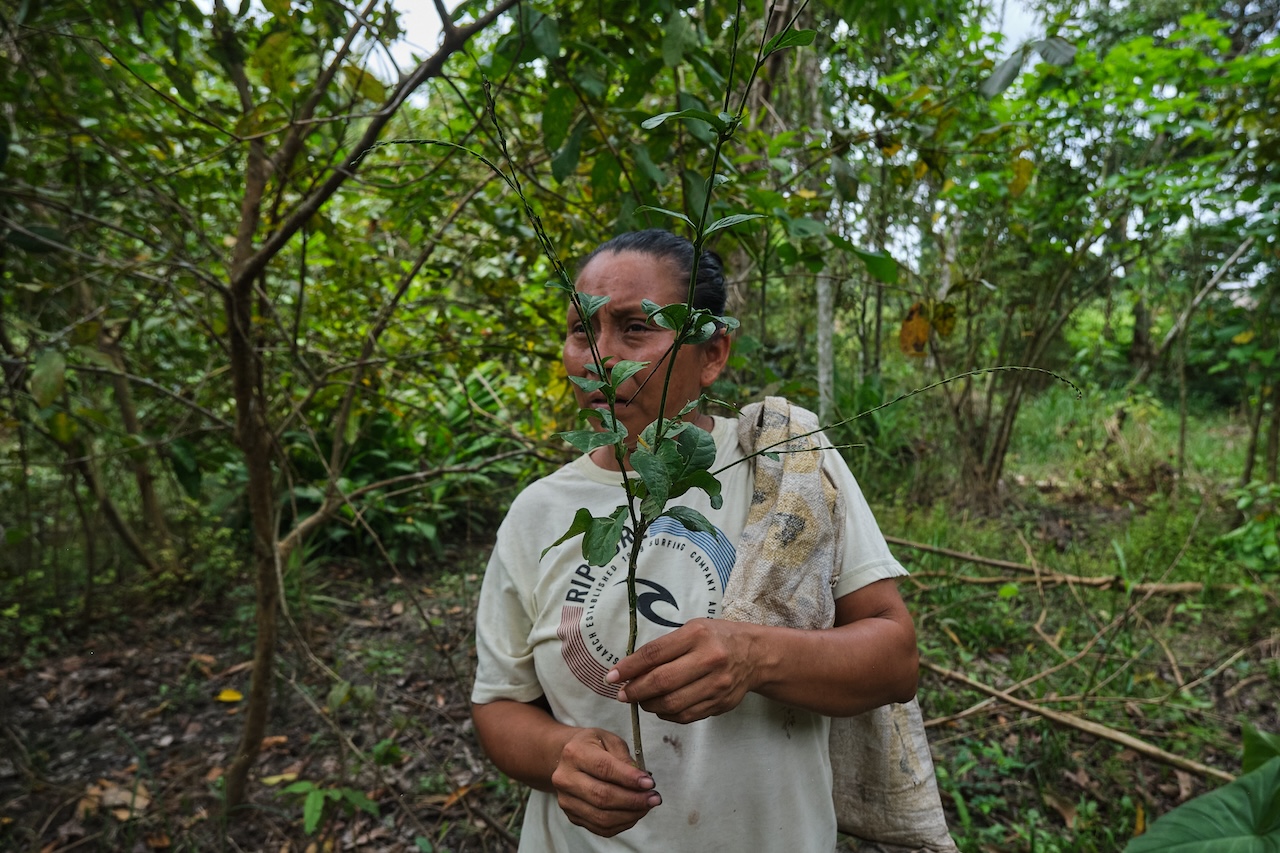
Los iskonawas creen que las plantas medicinales que utilizan tienen sus dueños en el reino espiritual, y estas plantas desempeñan un papel crucial en la curación de las enfermedades. Cada planta tiene su propio espíritu, y para utilizarlas eficazmente es necesario solicitar la intervención del espíritu correspondiente. A continuación, Félix Ochavano nos habla de las plantas medicinales que utiliza el pueblo iskonawa:
"Hay cuatro plantas medicinales principales, una es para cazadores y pescadores, hay medicinas para eso. Hay lianas para la caza, hay otras plantas para conquistar a las mujeres y otras para curar enfermedades. Así como los shipibos las usan, los iskonawa también usan la liana y el tabaco (...) mi abuelo nos bañaba con plantas medicinales, íbamos al bosque temprano en la mañana sin desayunar, nos bañaba para que fuéramos buenos cazadores, nos decía que si no nos curábamos no íbamos a poder cazar. ¿Qué ocurría? Ni siquiera los peces en el agua se podían ver ni pescar. Si no nos bañábamos, no podíamos hacerlo, pero si nos bañábamos con las plantas, nos hacían soñar. Vinieron hombres del bosque y nos curaron. Era algo mágico. Incluso ahora, no puedo olvidarlo".

La medicina tradicional practicada por el pueblo iskonawa puede clasificarse en cuatro categorías distintas: las utilizadas para tratar enfermedades físicas, las que fortalecen el cuerpo para la caza o la pesca, las utilizadas para curar problemas espirituales o sociales, y las plantas utilizadas para rituales de "conquista". Entre las numerosas plantas utilizadas por los iskonawas se encuentran el cedro, el dedo del pie, el cetico, el ajo sacha, el motelo huasca, la mullaca, el tabaco, la mucura, la sangre de grado, el mático y los uvos, entre otras.
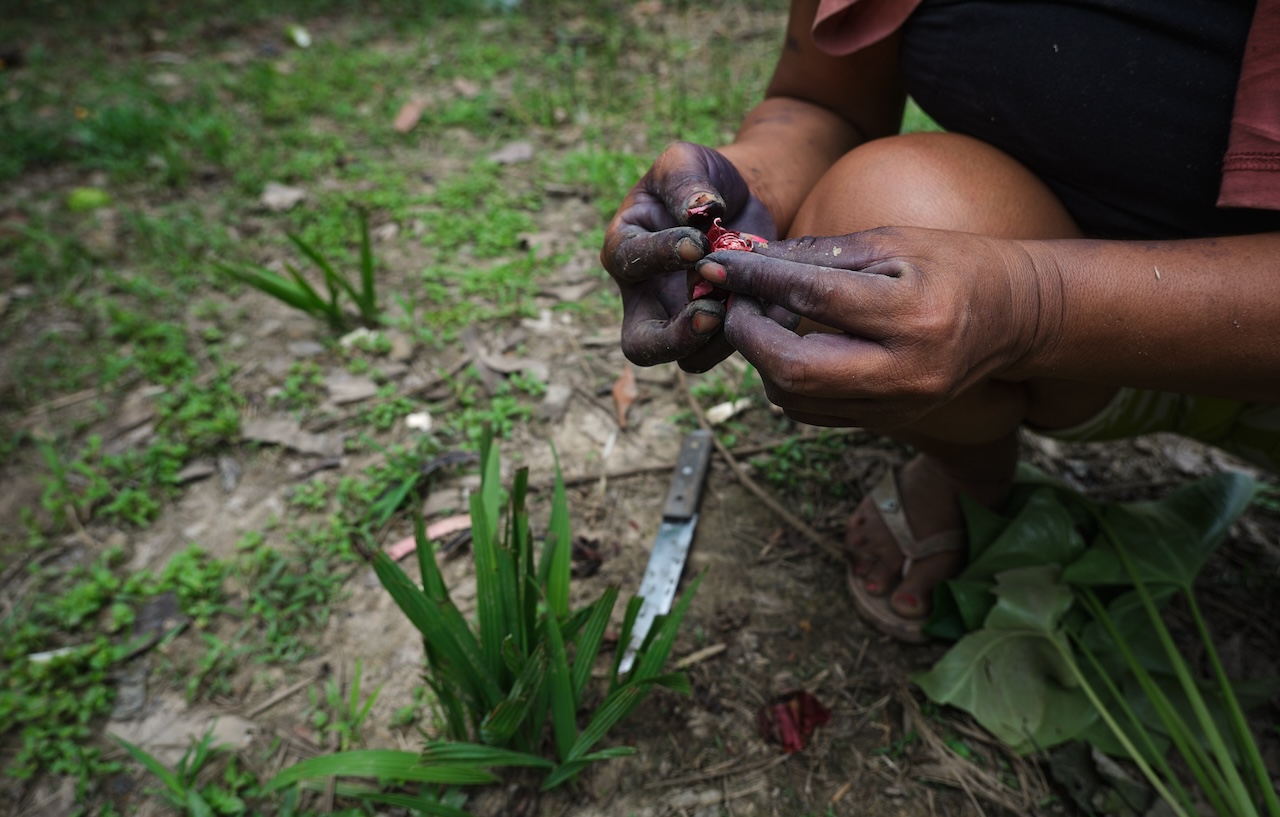
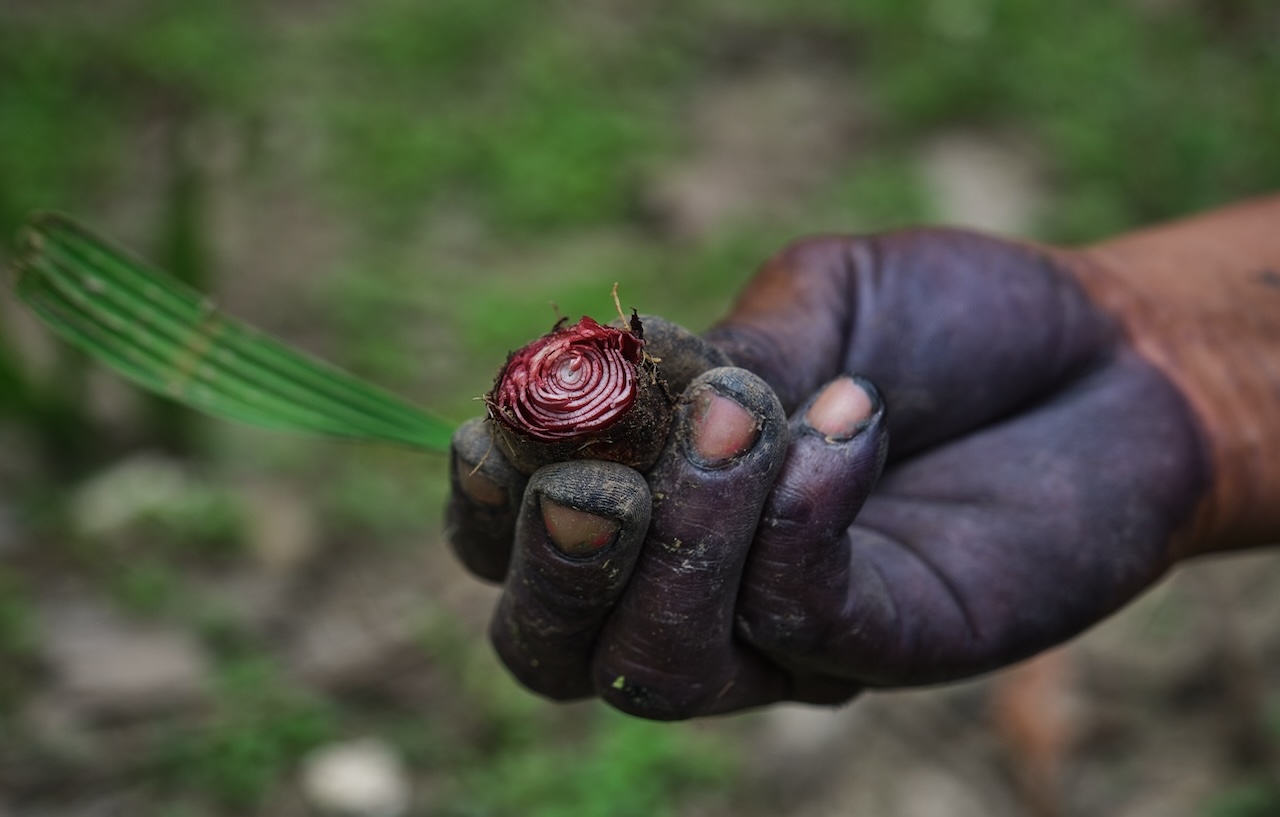
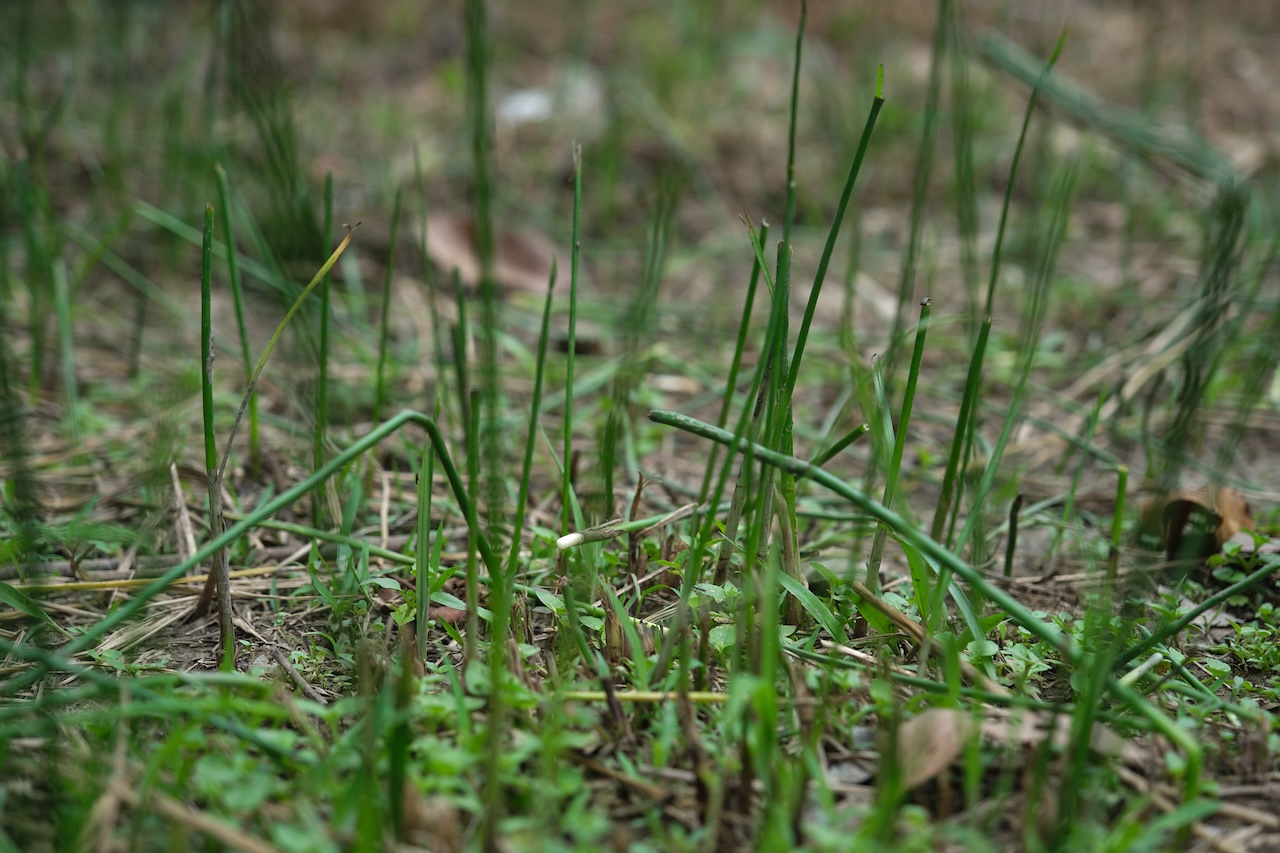
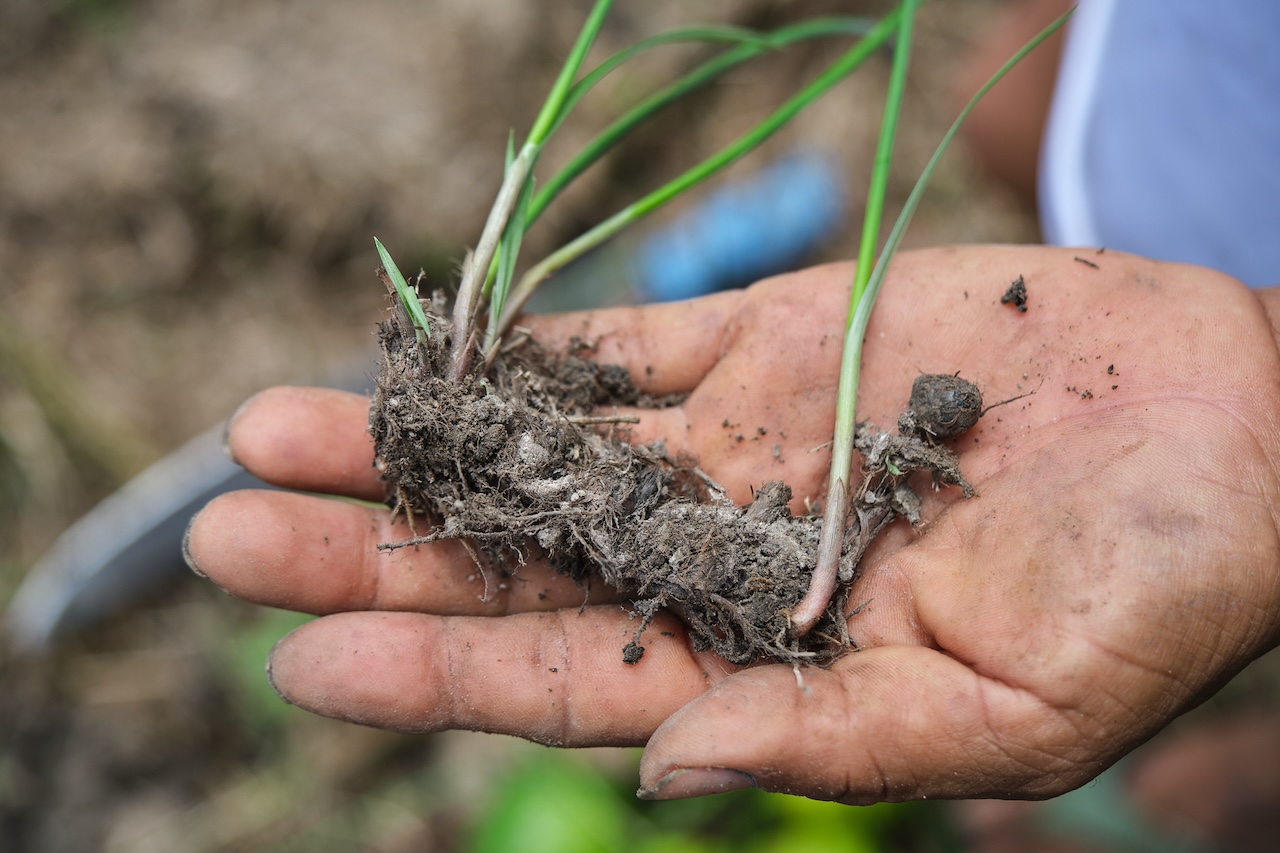
En cuanto al concepto de salud y enfermedad, los iskonawas tienen una perspectiva basada en su cosmovisión. Cuando alguien cae enfermo, se atribuye a la transgresión de ciertas normas establecidas por la sociedad o las deidades de su cosmovisión. Estas transgresiones pueden prevenirse y tratarse mediante la medicina tradicional (Ochavano, et al, 2023).
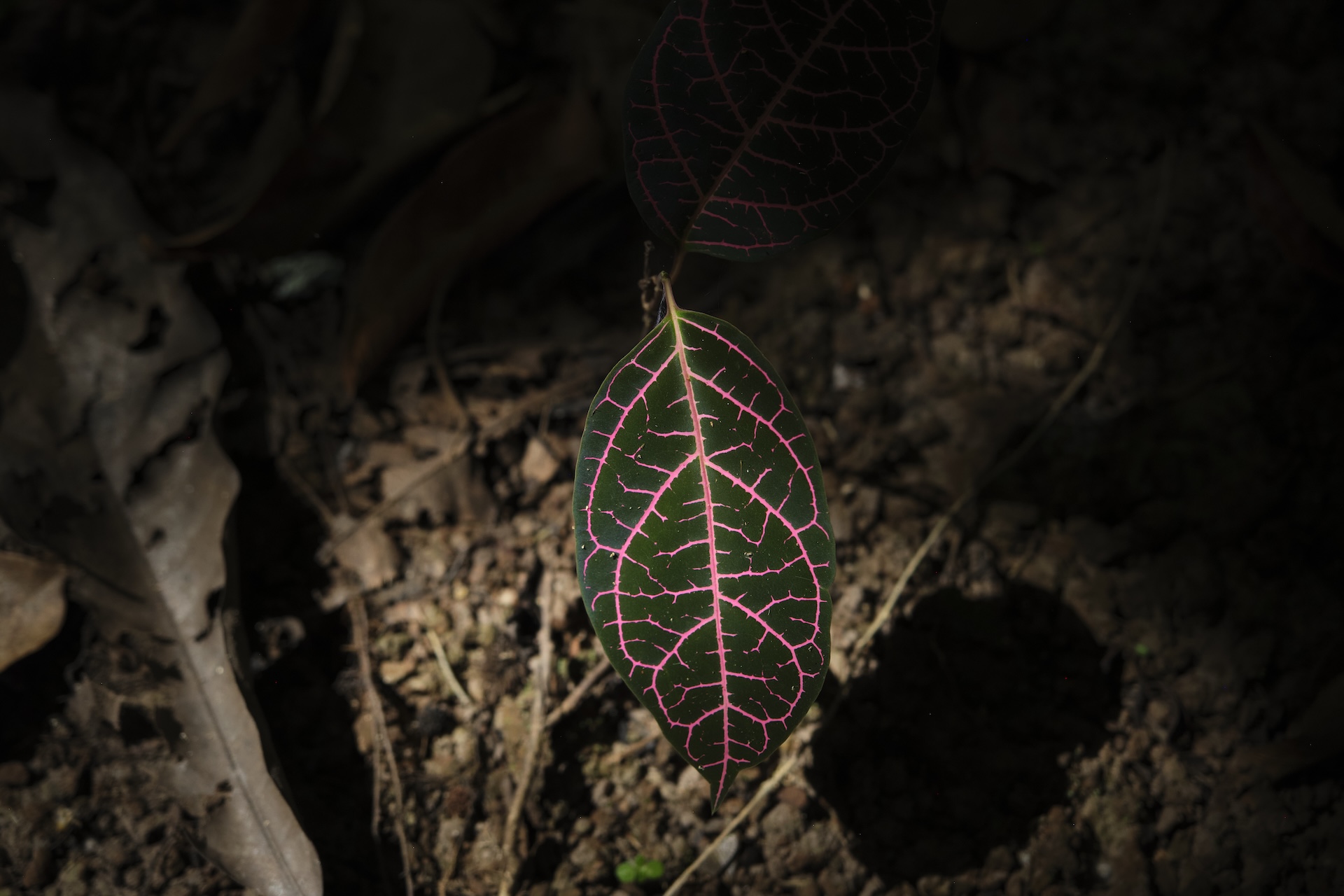
El significado animista presente en las prácticas curativas con plantas medicinales conforma el lenguaje cultural, social y simbólico del pueblo iskonawa. La tarea de curar a las personas de enfermedades físicas, sociales y espirituales recae en el curandero de la comunidad, una persona con profundos conocimientos sobre las plantas y su poder, que ha sido iniciado desde una edad temprana.











